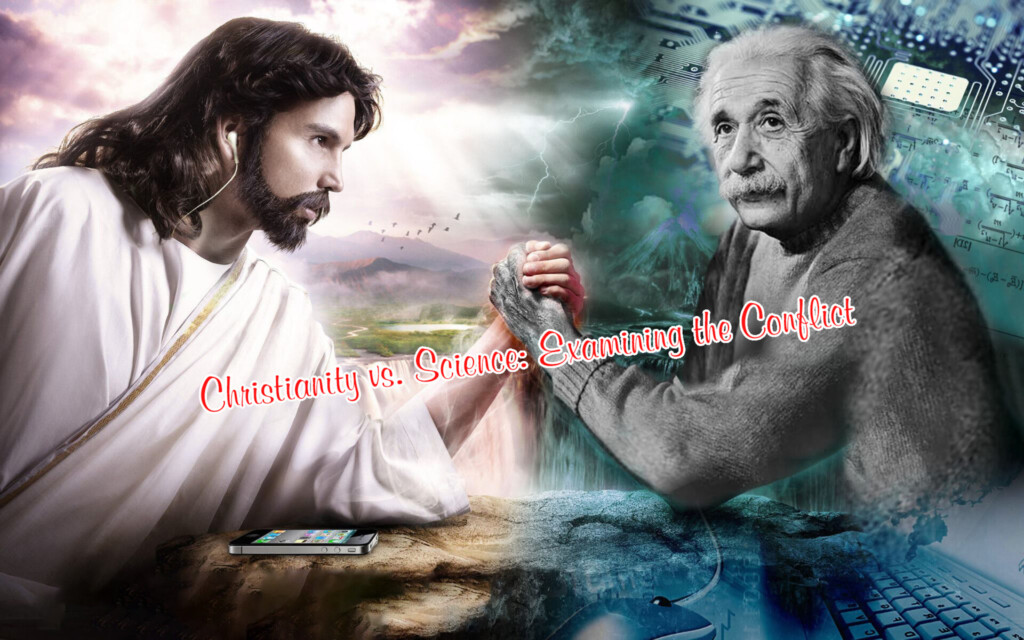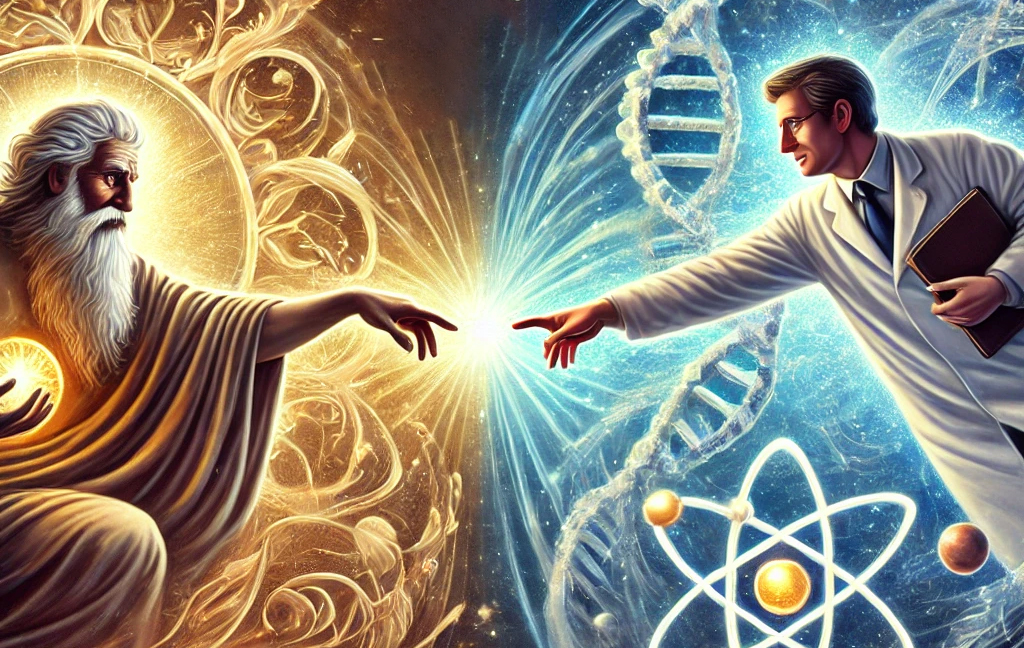“If you’re ready to challenge your beliefs and explore new ideas, this article might offer you an interesting perspective. But if you find such discussions uncomfortable, feel free to stop here. This is not intended to offend or criticize any religion. The goal is to encourage critical thinking and broaden understanding.”

An Unsolvable Riddle?
Imagine walking into a philosophy class, and the professor throws this question at you:
Can an omnipotent God create a rock so heavy that even He cannot lift it?
Well, if the answer is yes, then God is not omnipotent because He cannot lift the rock.
If the answer is no, then He is also not omnipotent because He cannot create such a rock.
See? This is not just a mind game but a classic logical paradox. And if you think this is just a trick by philosophers, take a closer look at some biblical stories—you might realize that faith and logic often clash like oil and water.
But wait! Don’t jump to conclusions just yet. Let’s analyze whether religion and science truly contradict each other.
Adam, Eve, and the Forbidden Fruit – An Overly Harsh Punishment?

1. A Rule Without Prior Knowledge
According to Genesis 2:16-17, God commanded Adam:
“You are free to eat from any tree in the garden, but you must not eat from the tree of the knowledge of good and evil, for when you eat from it, you will certainly die.”
As we all know, Adam and Eve ate the forbidden fruit. But instead of dying instantly, they went on to live and populate the earth.
This raises a few questions:
- If Adam and Eve had no knowledge of good and evil beforehand, how could they have known that disobeying God was wrong?
- If God is forgiving, why didn’t He simply pardon their first mistake?
Applying modern legal principles, the punishment for Adam and Eve seems excessive and unfair. A child cannot be punished for breaking a rule they never understood in the first place!
The Story of Jesus – Meaningful Sacrifice or Logical Paradox?

2. Saving Humanity… by Dying?
John 3:16 states:
“For God so loved the world that He gave His one and only Son, that whoever believes in Him shall not perish but have eternal life.”
We all know the story—Jesus was crucified to atone for humanity’s sins. But here’s the question: If God is all-powerful, why did He require such an elaborate “sacrifice” to forgive people?
Imagine this real-life scenario:
You accidentally break your mother’s favorite cup. Instead of forgiving you outright, she bangs her head against the wall to erase your mistake. Does that make sense?
If God wanted to forgive, He could have done so instantly, without requiring His son to suffer. Was Jesus’ death an unnecessary, illogical cycle?
The Creation of the Universe – 6 Days or 13.8 Billion Years?
3. Big Bang vs. “Let There Be Light”
According to Genesis 1:1-3:
“In the beginning, God created the heavens and the earth. The earth was formless and empty, darkness covered the surface of the deep. And God said, ‘Let there be light,’ and there was light.”
Sounds simple, right? But here’s where the problem lies:
- Science tells us that the universe began with the Big Bang around 13.8 billion years ago, not in six days.
- The light problem: According to the Bible, light was created before the sun (on the fourth day). But in reality, light comes from stars, including the sun. So where did this “light” come from before the sun existed?
Some theologians argue that the “six days of creation” are metaphorical. But if so, that means the Bible cannot be taken literally and must be interpreted symbolically.

Which leads to the question: If the Bible is not meant to be read literally, how do we determine which parts are true and which are just allegories?
Can Science and Religion Coexist?
In reality, not all religious people reject science. Many great scientists were devout Christians, including:
- Isaac Newton (who laid the foundation for classical mechanics)
- Georges Lemaître (who proposed the Big Bang theory)
But instead of taking religious texts literally, they saw faith as a way to seek deeper meaning.
Perhaps, religion does not have to oppose science. But the real question is: Are we willing to ask questions?
To Believe or Not to Believe?
Believing in God is a personal choice. But if you want your faith to withstand time, you must be willing to question it. Because a belief that cannot withstand scrutiny—is it truly strong faith?
And if someone asks you:
“Do you believe in God?”
Just smile and say:
“Give me a logical reason to!”
Key Takeaways:
✅ Adam and Eve were punished for breaking a rule they had no way of understanding.
✅ Jesus’ crucifixion seems like an unnecessary sacrifice if God is all-powerful.
✅ The universe could not have been created in six literal days.
✅ Science and religion can coexist—but only if we embrace critical thinking.
